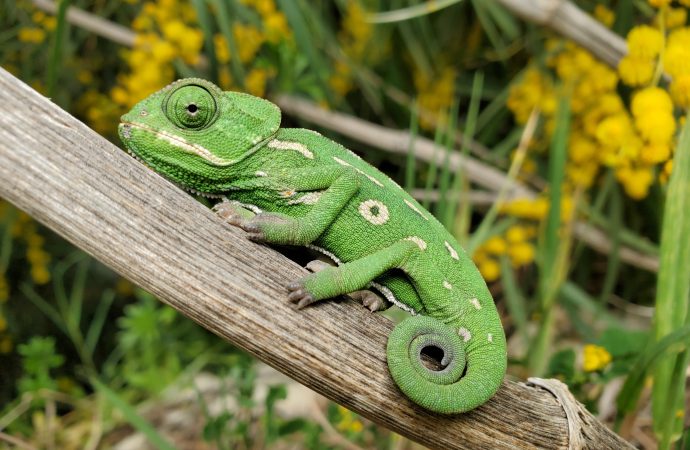Introduction: Reptiles and amphibians, often referred to as “herps,” have been gaining popularity as pets due to their unique characteristics and low-maintenance requirements. From colorful geckos and majestic snakes to vibrant frogs and captivating turtles, these cold-blooded creatures have found their way into the hearts and homes of many pet enthusiasts. However, owning a reptile
Introduction:
Reptiles and amphibians, often referred to as “herps,” have been gaining popularity as pets due to their unique characteristics and low-maintenance requirements. From colorful geckos and majestic snakes to vibrant frogs and captivating turtles, these cold-blooded creatures have found their way into the hearts and homes of many pet enthusiasts. However, owning a reptile or amphibian comes with its own set of considerations. In this article, we delve into the scientific insights regarding the pros and cons of sharing your life with these fascinating creatures.
One of the significant advantages of owning a reptile or amphibian is their relatively low maintenance compared to traditional pets like cats or dogs. Most herps require minimal exercise, and their feeding and care routines are often simpler to manage. This aspect makes them ideal companions for individuals with busy lifestyles or limited living spaces. Additionally, reptiles and amphibians do not require daily interaction and can be content with occasional handling, making them suitable for those who appreciate a more independent pet.
Another positive aspect of herp ownership is the educational value it provides. Observing and caring for these animals can offer unique insights into their behaviors, natural habitats, and adaptations. Many reptile and amphibian enthusiasts find great fulfillment in creating and maintaining habitats that closely mimic the animals’ natural environments, allowing for an immersive and educational experience. This aspect can be particularly enriching for children, fostering a sense of responsibility, curiosity, and respect for nature.
However, it is essential to consider the potential challenges and drawbacks associated with owning a reptile or amphibian. One significant concern is the specialized care and environmental requirements these animals necessitate. Proper heating, lighting, humidity, and diet are vital factors in ensuring their well-being. Creating and maintaining suitable habitats can be costly and time-consuming, particularly for species with specific needs. Aspiring herp owners should thoroughly research the requirements of the species they intend to keep and be prepared to invest in the necessary equipment and supplies.
Another consideration is the potential health risks associated with reptiles and amphibians. While the majority of herps carry no significant health threats to humans, some species, such as certain turtles and amphibians, can harbor Salmonella bacteria, which can cause severe illness, especially in children and individuals with weakened immune systems. Proper hygiene practices, including regular handwashing, cleaning enclosures, and limiting direct contact, can help minimize the risk of disease transmission. It is crucial to educate oneself about potential health hazards and take appropriate precautions to ensure the safety of both humans and the animals themselves.
Furthermore, the ethical and environmental implications of the reptile and amphibian pet trade should not be overlooked. Many species are illegally captured or bred under unfavorable conditions, leading to ecological concerns and population declines in the wild. Responsible pet ownership involves supporting legal and ethical sources, such as reputable breeders or adoption centers, and avoiding the purchase of endangered or illegally obtained species. It is crucial to be aware of the impact our choices as pet owners can have on the conservation and welfare of these animals.
Conclusion:
In conclusion, owning a reptile or amphibian as a pet can offer unique advantages and challenges. The low maintenance requirements, educational opportunities, and independent nature of these animals make them appealing companions for some individuals. However, the specialized care, potential health risks, and ethical considerations associated with the herp trade require responsible ownership and thorough research. By understanding the scientific insights and considering the implications, prospective herp owners can make informed decisions.

















Leave a Comment
Your email address will not be published. Required fields are marked with *